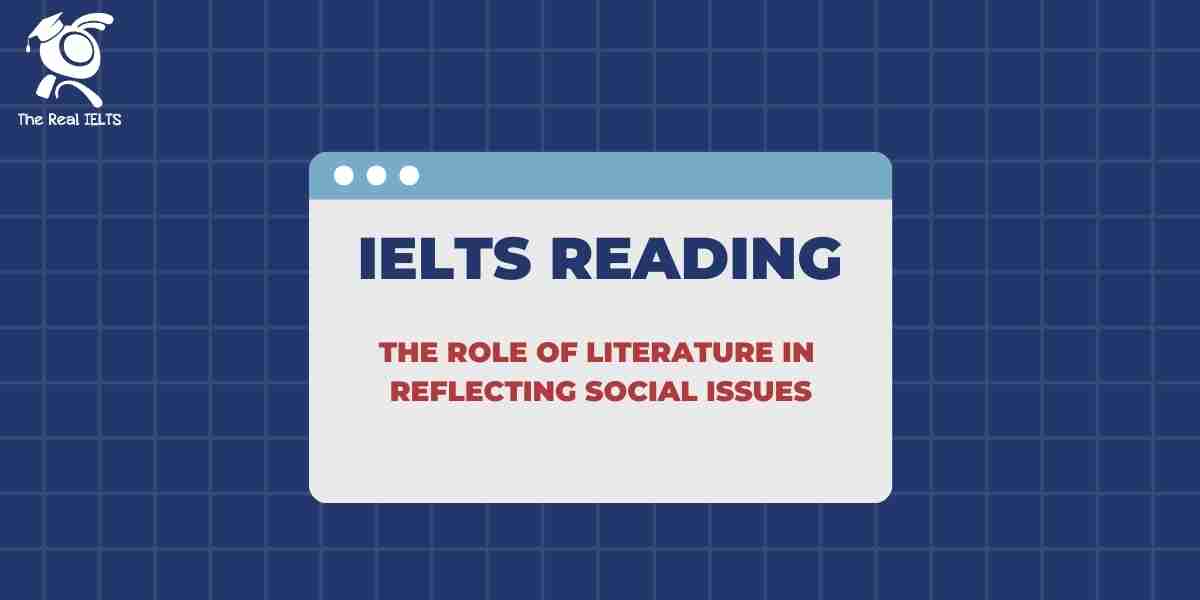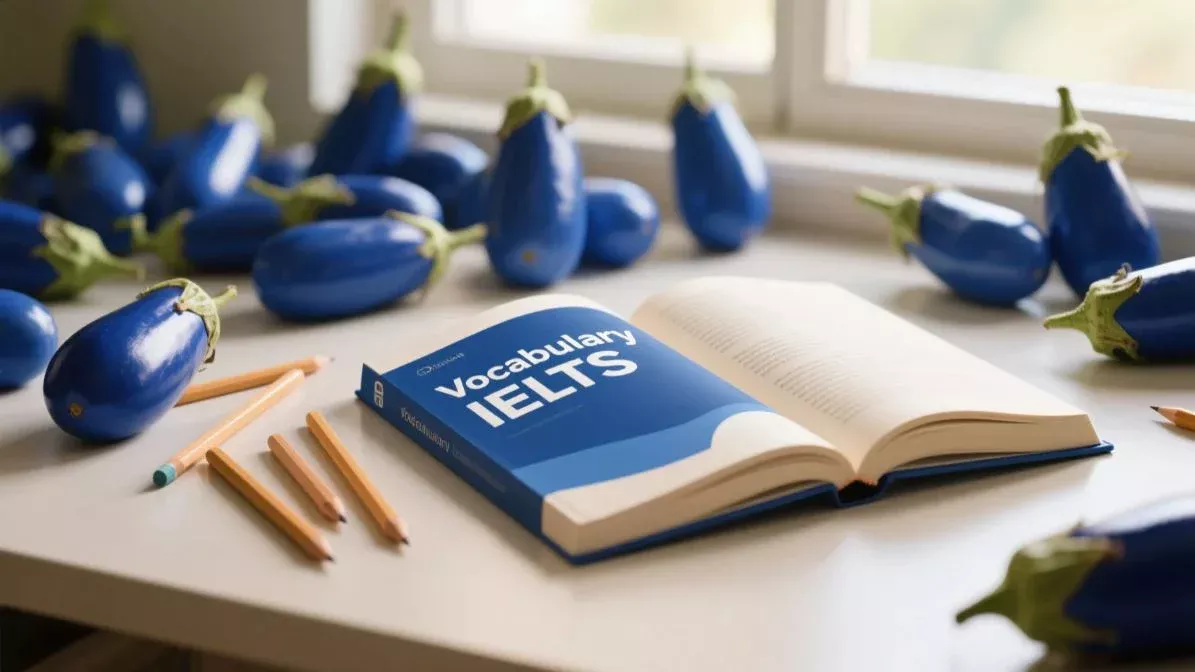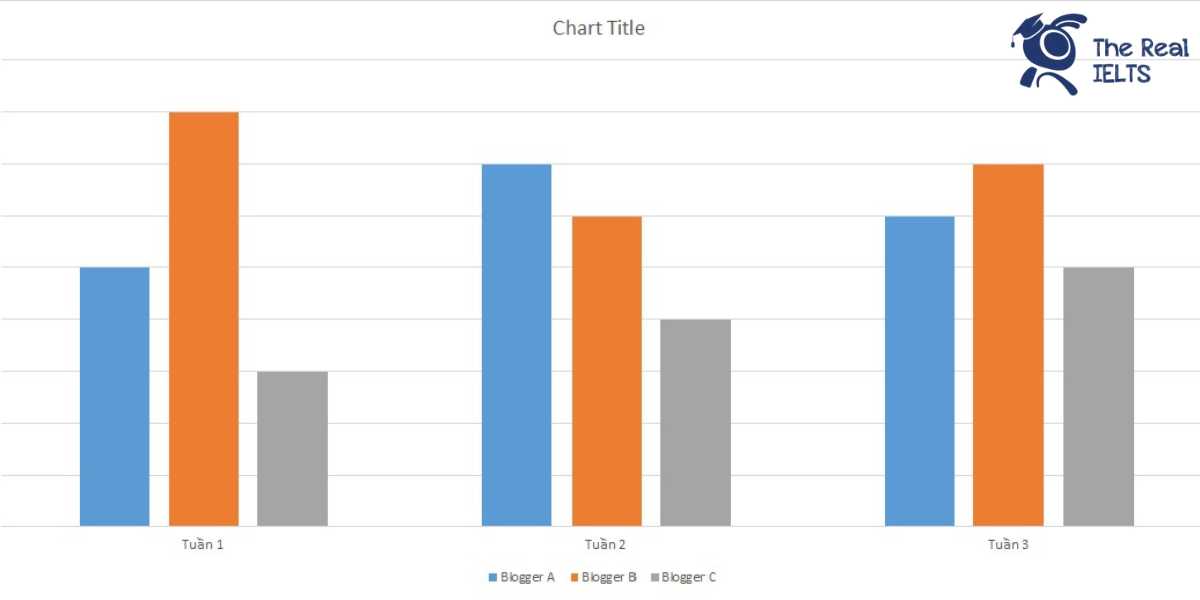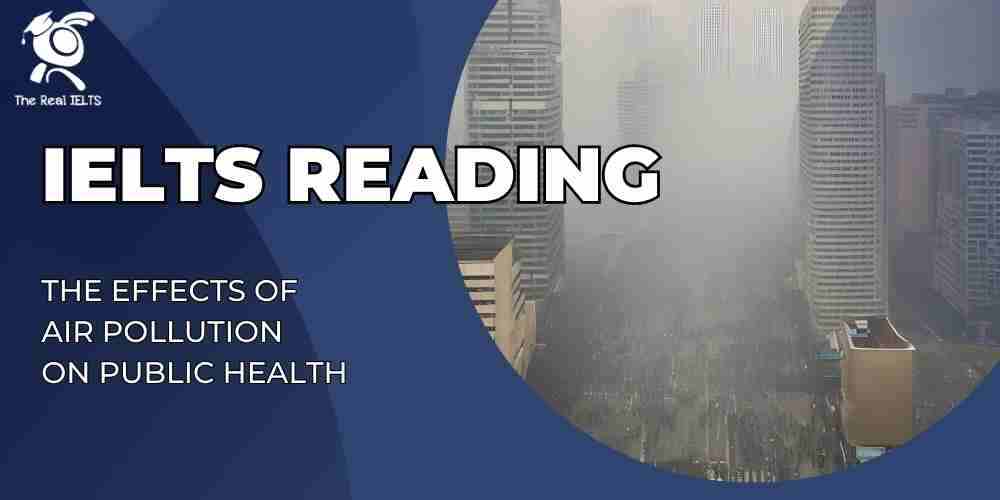Đề thi IELTS Reading có tiêu đề “The Role of Cultural Heritage in Modern Society”
Nhớ đọc thêm các bài luyện thi IELTS nhé.
IELTS Reading:”The Role of Cultural Heritage in Modern Society“
The Role of Literature in Reflecting Social Issues
Literature has long served as a mirror to society, reflecting the cultural, political, and social issues that shape the human experience. Throughout history, authors have used literature as a platform to comment on societal norms, injustices, and the prevailing ideologies of their times. By exploring social issues through the lens of narrative, poetry, and drama, literature not only entertains but also informs, provokes thought, and inspires change. It provides a unique means of examining the complexities of human existence, enabling readers to engage with the world around them in a more profound way.
One of the most significant ways in which literature reflects social issues is through its portrayal of class struggles. Many works, particularly those from the 19th century, such as Charles Dickens’ Hard Times and Victor Hugo’s Les Misérables, focus on the plight of the poor and the injustices of the class system. These novels highlight the wide chasm between the wealthy and the impoverished, often portraying the working class as victims of a system that exploits their labor while offering little in return. In doing so, these authors not only brought attention to the hardships faced by the lower classes but also challenged the status quo, encouraging readers to reconsider their own societal roles and the impact of economic inequality.
Similarly, literature has played a crucial role in shedding light on gender inequality. Works like Virginia Woolf’s A Room of One’s Own and Charlotte Perkins Gilman’s The Yellow Wallpaper explore the limitations placed on women in patriarchal societies. Woolf’s essay, for instance, delves into the systemic barriers women face in gaining access to education and creative freedom, while Gilman’s short story critiques the medical and societal attitudes toward women’s mental health in the 19th century. These works helped to spark conversations about the role of women in society, and their impact can still be seen in contemporary feminist discourse.
Race and colonialism are other significant social issues that literature has grappled with. From the abolitionist writings of Frederick Douglass to Chinua Achebe’s Things Fall Apart, authors have used literature to examine the legacies of slavery, racism, and colonial domination. These works confront the reader with the brutal realities of racial discrimination and the lasting scars of imperialism. By providing personal, often painful accounts of oppression, these authors force their audiences to confront the darker aspects of human history and their own potential complicity in these systems.
In more recent times, literature has continued to explore modern social issues such as climate change, immigration, and the digital divide. Margaret Atwood’s The Handmaid’s Tale, for example, is often read as a commentary on the dangers of political extremism and the erosion of women’s rights, while Mohsin Hamid’s Exit West offers a poignant exploration of the refugee crisis. These works, while fictional, resonate deeply with contemporary readers because they tap into the pressing concerns of the modern world. They remind us that literature is not just a reflection of the past but an ongoing conversation about the future of humanity.
Furthermore, literature serves as a space where marginalized voices can be heard. For centuries, the dominant narratives in literature were shaped by those in positions of power, often silencing minority perspectives. However, the rise of postcolonial literature, LGBTQ+ narratives, and works by authors from diverse backgrounds has challenged this dynamic. Authors like Toni Morrison, James Baldwin, and Arundhati Roy have used their writing to give voice to the experiences of marginalized communities, addressing issues like systemic racism, homophobia, and economic exploitation. In doing so, they have expanded the literary canon and provided readers with a more nuanced understanding of the complexities of identity and oppression.
At its core, literature encourages empathy. By stepping into the lives of characters from different backgrounds and circumstances, readers are given the opportunity to see the world through another’s eyes. This act of imagining oneself in someone else’s shoes is a powerful tool for fostering understanding and compassion. When literature highlights social issues, it not only educates but also humanizes these issues, making them more relatable and urgent to a wider audience.
In conclusion, the role of literature in reflecting social issues is multifaceted. It serves as a historical record, a means of critique, and a platform for marginalized voices. Through its ability to engage readers emotionally and intellectually, literature has the power to shape public opinion, inspire social movements, and contribute to the ongoing discourse on what it means to live in a just and equitable society. Whether addressing class, gender, race, or any number of other issues, literature remains an essential tool for understanding and navigating the complexities of the human experience.
Đề bài thi IELTS Reading
Multiple Choice Questions (MCQs)
- What is one way literature reflects social issues? A. By always depicting wealthy characters
B. By highlighting social injustices
C. By focusing only on historical events
D. By avoiding controversial topics - Which novel is mentioned as addressing class struggles? A. Things Fall Apart
B. Hard Times
C. The Handmaid’s Tale
D. The Yellow Wallpaper - What does Virginia Woolf’s A Room of One’s Own mainly discuss? A. The history of women’s rights
B. Systemic barriers faced by women
C. Economic exploitation of the poor
D. The refugee crisis - What does The Handmaid’s Tale explore? A. Political extremism and the erosion of women’s rights
B. Gender inequality in modern societies
C. The plight of refugees
D. The legacy of colonialism - According to the passage, what do authors like Toni Morrison and James Baldwin focus on? A. Environmental issues
B. The exploitation of marginalized communities
C. Political extremism
D. Digital divides
True/False/Not Given
- Les Misérables discusses the issues of colonialism.
A. True
B. False
C. Not Given - The rise of postcolonial literature allowed marginalized voices to be heard.
A. True
B. False
C. Not Given - Literature has always primarily focused on historical events.
A. True
B. False
C. Not Given - Exit West critiques the systemic barriers women face in gaining access to education.
A. True
B. False
C. Not Given - The essay mentions that The Yellow Wallpaper explores medical attitudes toward women’s mental health.
A. True
B. False
C. Not Given
Yes/No/Not Given
- According to the author, literature has a greater impact on social change than other forms of media.
A. Yes
B. No
C. Not Given - The author believes that climate change is the most pressing social issue reflected in literature today.
A. Yes
B. No
C. Not Given - The author thinks that reading literature always leads to positive social change.
A. Yes
B. No
C. Not Given - The author supports the idea that literature is more powerful in creating empathy than journalism.
A. Yes
B. No
C. Not Given
Matching Information
- Which paragraph discusses class struggles in 19th-century literature?
A. Paragraph 2
B. Paragraph 3
C. Paragraph 4
D. Paragraph 5 - Which paragraph mentions literature addressing the refugee crisis?
A. Paragraph 3
B. Paragraph 4
C. Paragraph 5
D. Paragraph 6
Matching Headings
- Paragraph 1
A. Race and colonialism in literature
B. Literature’s historical influence on social issues
C. The personal impact of literature
D. Class struggles in 19th-century novels - Paragraph 4
A. The importance of marginalized voices in literature
B. Literature’s role in fostering empathy
C. Addressing modern social issues
D. Gender inequality in literature
Matching Features
- Virginia Woolf
A. Critiques medical treatment of women
B. Explores barriers faced by women in creative fields
C. Discusses racial inequality
D. Writes about class struggles - Frederick Douglass
A. Examines the refugee crisis
B. Focuses on gender inequality
C. Writes abolitionist literature
D. Highlights climate change concerns
Matching Sentence Endings
- Literature has the ability to engage readers emotionally because…
A. it portrays characters dealing with real-life issues.
B. it provides direct solutions to societal problems.
C. it only focuses on historical social problems.
D. it offers fictional escapism. - Authors from marginalized backgrounds use literature to…
A. challenge dominant narratives.
B. focus only on gender inequality.
C. celebrate colonial legacies.
D. highlight positive experiences of oppression.
Sentence Completion
- A Room of One’s Own examines how systemic barriers limit _______.
- The Yellow Wallpaper critiques the medical and societal attitudes toward _______.
- Exit West focuses on the challenges faced by _______.
- Works like Things Fall Apart deal with the legacy of _______.
- Literature can foster empathy by allowing readers to imagine _______.
Summary Completion
28-32. Complete the summary using words from the text:
Literature has a long history of reflecting societal issues such as class struggles, gender inequality, and (28) _______. For example, Charles Dickens’ Hard Times examines the division between the wealthy and (29) _______ in the 19th century, while Virginia Woolf’s (30) _______ highlights the obstacles women face in gaining creative freedom. Authors like Frederick Douglass have used their writings to address (31) _______, and postcolonial authors like Chinua Achebe reflect on the impacts of (32) _______.
Short Answer Questions
- What two 19th-century novels are mentioned as focusing on class struggles?
- What are some of the modern social issues literature reflects today?
- How does literature help marginalized voices be heard?
- Which author used literature to examine the refugee crisis?
- What type of inequality is explored in A Room of One’s Own?
Diagram Label Completion
38-40. Based on the passage, complete the labels for the diagram:
- Diagram: Literature’s Role in Reflecting Social Issues
- [Label 1]: Class struggles
- [Label 3]: Modern social issues
Đáp án bài thi IELTS Reading
Multiple Choice Questions (MCQs)
- B. By highlighting social injustices
- B. Hard Times
- B. Systemic barriers faced by women
- A. Political extremism and the erosion of women’s rights
- B. The exploitation of marginalized communities
True/False/Not Given
- B. False
- A. True
- B. False
- B. False
- A. True
Yes/No/Not Given
- C. Not Given
- C. Not Given
- C. Not Given
- C. Not Given
Matching Information
- A. Paragraph 2
- C. Paragraph 5
Matching Headings
- B. Literature’s historical influence on social issues
- C. Addressing modern social issues
Matching Features
- B. Explores barriers faced by women in creative fields
- C. Writes abolitionist literature
Matching Sentence Endings
- A. it portrays characters dealing with real-life issues.
- A. challenge dominant narratives.
Sentence Completion
- creative freedom
- women’s mental health
- refugees
- colonialism
- the lives of others
Summary Completion
- race and colonialism
- the poor
- A Room of One’s Own
- slavery and racial discrimination
- imperialism
Short Answer Questions
- Hard Times and Les Misérables
- Climate change, immigration, the digital divide
- By giving voice to their experiences and challenging dominant narratives
- Mohsin Hamid
- Gender inequality
Diagram Label Completion
- Gender inequality
- Race and colonialism
- Climate change, immigration, digital divide
Luyện tập bài khác ở bài viết:”100 bài luyện IELTS Reading 2024 – 2025“















